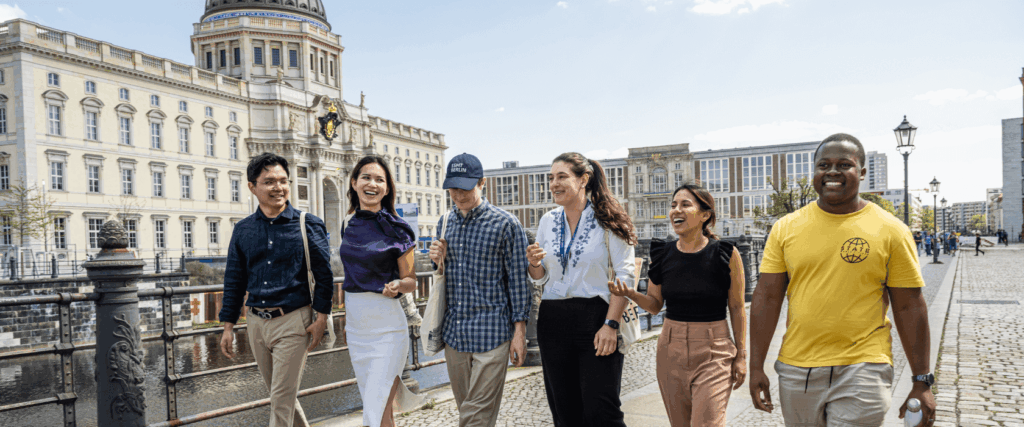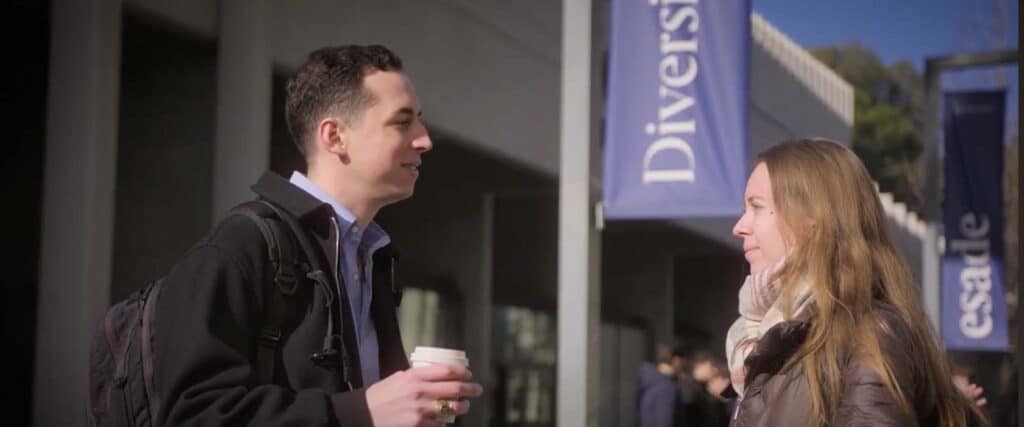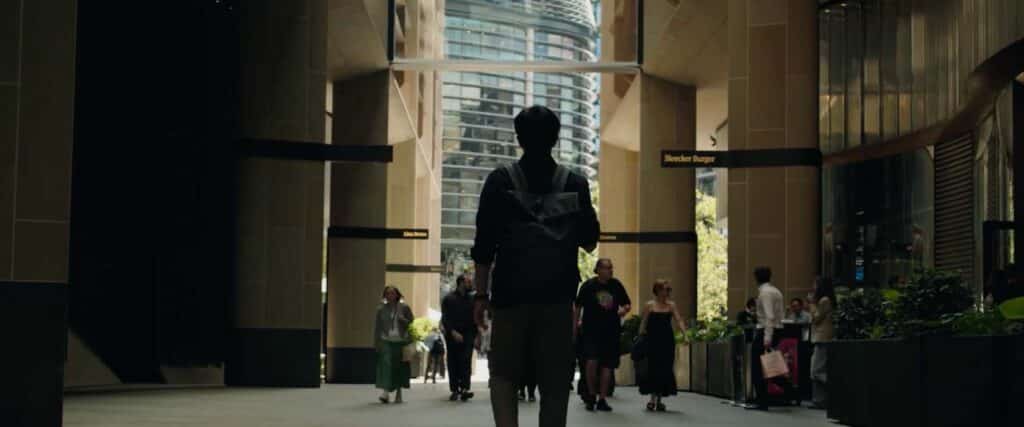Bringing light to rural Zanzibar in ESMT Berlin’s Social Impact Project
The Social Impact Project at ESMT Berlin has had a profound effect on Turkish student Ekin Su Matkap. We spoke to her to learn about her background, her experiences during her master’s studies at ESMT Berlin, and how the program’s social impact project has changed her outlook on life.









